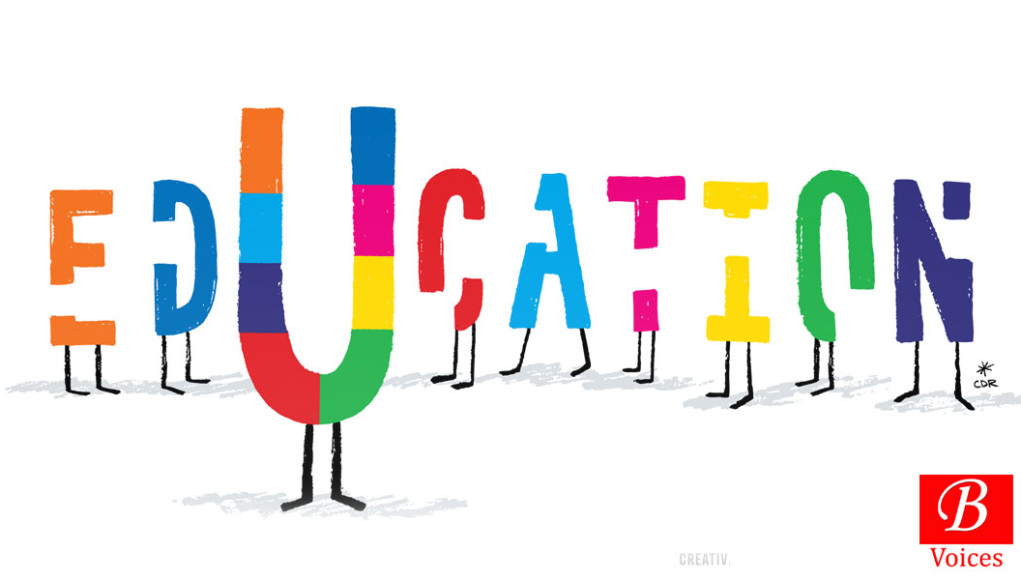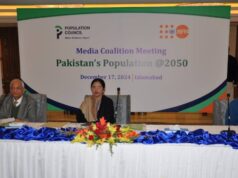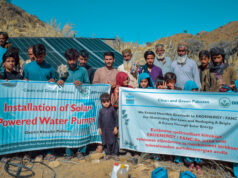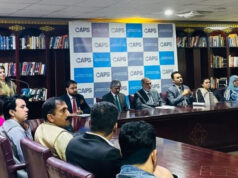Daniyal Baloch
The Socio-economic change in Balochistan has been long overdue but unfortunately that could not materialize due to multiple grounds. One of the core factors is archaic system of education in Balochistan.
Education is one of the key catalysts that can help improve the human development situation in the province. However, the scenario seems to be more dismal and gloomy as the prospects are very low that any drastic reforms will be introduced to ensure free and quality education accessible for poor and downtrodden masses of Balochistan. Literacy is absolutely abysmal and particularly illiteracy rate is very high amongst female population. A tiny segment of population has access to quality education which is imparted by few private schools on the other hand; the performance of public sector schools is abysmally disappointing. The future of any country or region hinges on quality education to youth. Nonetheless, the bulk of male and female youth are deprived of quality education because their families cannot afford the exorbitant fee of few elite private schools. Thereby an overwhelming majority of students in Balochistan get non qualitative and poor education which is explosive situation.
There are many factors that have deteriorated the educational system in Balochistan. The political milieu has exacerbated the matters rather than fostering any improvement or reform within the educational system. Political leaders have no will to reform educational system. On the Contrary, the political leaders in some places have proved major encumbrance in the process of reform. Presently a clumsy system is in vogue in Balochistan whereby the managerial posts of education Department in Districts filled on the recommendations of politicians. Thus, in turn these managers have to work for the malevolent designs of politicians. Without strict merit based transfer/posting mechanism or policy in respect of placing managers of education, the buckled educational system of Balochistan cannot be changed but, successive or present governments have never endeavored to enforce such a policy with strict compliance of it. We have been hearing a lot of rhetoric from people who are in helm of affairs of education department that a robust policy is in offing to improve education system in the province yet in reality no tangible improvement or change can be seen within system. Instead, the public sector schools and colleges are with every passing day are in state of deterioration and buildings are in ramshackle state.
Bulk of youth population in Balochistan considers that present politicians have no capacity or will to effect any change within educational system in Balochistan rather the politicians are part of problem than to be a part of solution. Politics and governance is in control of small powerful elite and those elite never wants that common youth have access to quality education because they think that universal education in Balochistan will undermine their hold on politics, economy, power and governance. Owing to this narrow narrative of elite, has marginalized youth and compelled them to resort to violence. Balochistan’s future rests with its youth population because they are the future of this province. In order to foster a sustainable process of socio-economic development in Balochistan, it is imperative that our youth must have access to quality education so they become tolerant, liberal, well rounded, dynamic and responsible law abiding citizens and that is only panacea for all law and order and conflict resolutions.
One of the foremost problems that needs immediate consideration is introduction of a modern, tolerant, scientific and enlightened curricula that must be unison for all three tiers of educational institutions such as seminaries, Government schools and private schools alike. Second issue that is a main hindrance in the way of standard education is lack of training to the public sector teachers. Almost no heed has been paid to improve the capacity of teachers and no proper programs or institutions exist in province that could inculcate modern pedagogy skills and methods to the huge number of teachers. Having taken a substantial step to allocate 24 per cent of provincial budget for education, a comprehensive policy was needed to address important issues faced with educational sector in Balochistan but, no perceivable change can be observed within educational system of Balochistan. According to official sources, there are 13,000 government schools in Balochistan with 1.3 Million student population but, all these schools are without any proper facilities and the dropout rate is very high.
The government of Balochistan has enforced article 25-A of Constitution to declare educational emergency in the province but, no one knows what real impact of this emergency has had on education. Illiteracy rate among female population is significantly high. In addition, the overall literacy rate is also not much encouraging. In rural Balochistan where 70 per cent of population dwells, they have no access to quality education. On the one hand, their schools are either closed or the staff never turns up for their duty. According to one report 1.8 million children in Balochistan are out of school which is a very distressful fact.
Teachers’ association wield considerable power but, it cannot be wholly blamed for the abysmal condition of education in Balochistan
In developed countries, the government servants are not allowed to form unions or pressure groups. However, in Balochistan, the union of teachers’ is considered a powerful pressure group that has been a big hindrance in the way of educational reforms. It is correct that teachers’ association wields considerable power but, it cannot be wholly blamed for the abysmal condition of education in Balochistan. The main predicaments are pervasive bad governance, lack of will on the part of political leaders to foster any reforms and widespread corruption are the main problems due to which educational system could not have been reformed for last many years.
The standard of life depends upon quality education that is accessible to every citizen. Due to lack of quality education, the poverty is accelerating in Balochistan. Almost 50 per cent of total population lives below poverty line and high illiteracy rate are ascribed to be the main cause of poverty in the province. The governments vociferously talk about the development of Balochistan but, they are unaware of the fact that without brining drastic change in the educational system, how the desired goal of development can be materialized.
Share your comments!








